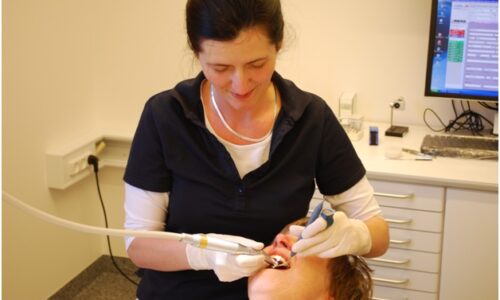 Personality is a pattern of thought, emotion, and behavior that differs from the cultural norm. It is a learned set of behaviors that are unique and are exhibited over time.
Personality is a pattern of thought, emotion, and behavior that differs from the cultural norm. It is a learned set of behaviors that are unique and are exhibited over time.
What is a Personality Disorder?
A personality disorder is a mental health condition that has a long-lasting and negative impact on a person’s thoughts, feelings, and behaviors. The term “personality disorder” is used to describe a wide range of mental health problems that lead to distressing and disruptive behaviors in the person.
Personality disorders are mental conditions that cause people to feel and behave differently from what is expected of them. Personality Disorders are inflexible, pervasive, and maladaptive patterns of behavior that cause significant impairment in functioning.
Personality disorders are distinct from specific personality traits, which are considered part of normal personality. Personality disorders and traits can be distinguished from each other in terms of their onset, duration, and clinical significance.
Personality disorders are diagnosed in clinical settings using the diagnostic and statistical manual of mental disorders, personality disorders can be assessed in clinical, research, or forensic contexts and the personality disorder treatment takes place based on the diagnosis.
People with personality disorders may have an unstable sense of who they are and how they fit into the world. They may be inflexible and unable to adapt to change or they may show symptoms of distress and dysfunction that are not appropriate to their age, developmental stage, or environment. Below are some of the symptoms of personality disorders
Symptoms of Mental Disorder
Extreme Fear and Worry
Some people will experience a period of intense anxiety or an exaggerated emotional response. This may be triggered by a recent event or a traumatic experience. A person may also feel intense anxiety about the future, for example about relationships, work, or school.
Anxiety can also be triggered by a situation or a set of circumstances. If a person feels anxiety most of the time, it is likely to have an impact on their daily lives. This can cause excessive fears and worries, which may also be accompanied by physical symptoms.
People with personality disorders have worrying, fearful thoughts and feelings that they find hard to control. They may be afraid of things that don’t upset other people, like someone else’s judgment, or they may be afraid of things that are quite normal, like social gatherings.
Inconsistent Thought Patterns and Feelings
They develop patterns of thinking, feeling, and behaving that are very different from how people around them behave, and they often find it hard to fit in with other people or to make friends. They may constantly change their opinions and ideas and can be very inconsistent.
They may have difficulty expressing their feelings or talking about themselves or their past and may not seem to have a clear idea of who they are. They could say and do things that seem odd or that other people don’t understand.
Low Energy
If a person has a personality disorder, they might not be aware of it. They might not realize that their emotions and behavior may be out of balance in some way. The first step to healing from a personality disorder is recognizing the symptoms. Someone with low energy may be depressed.
Someone who is tired all the time may have an anxiety disorder. One additional step is to seek help from a professional counselor or psychologist, who can diagnose and treat personality disorders.

